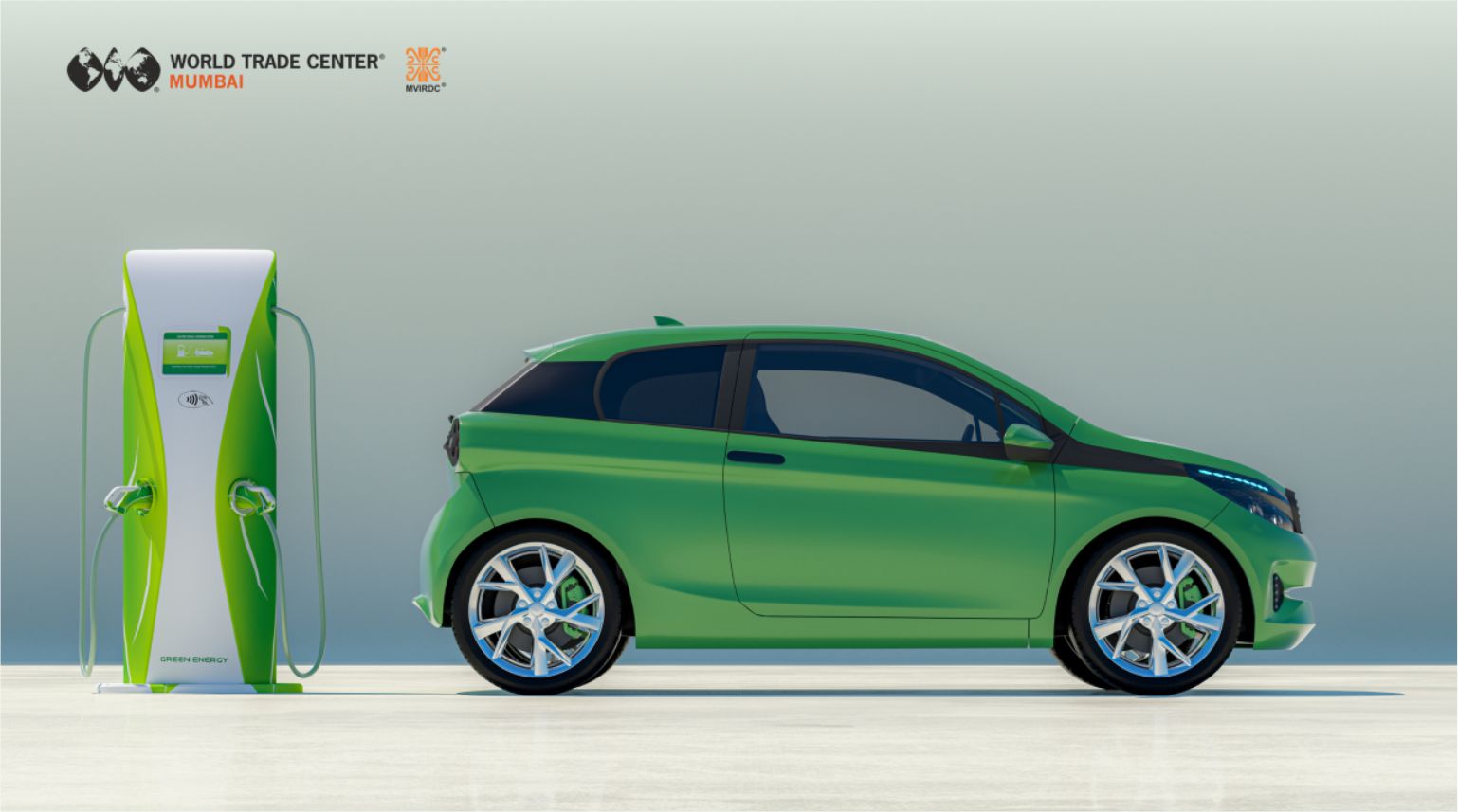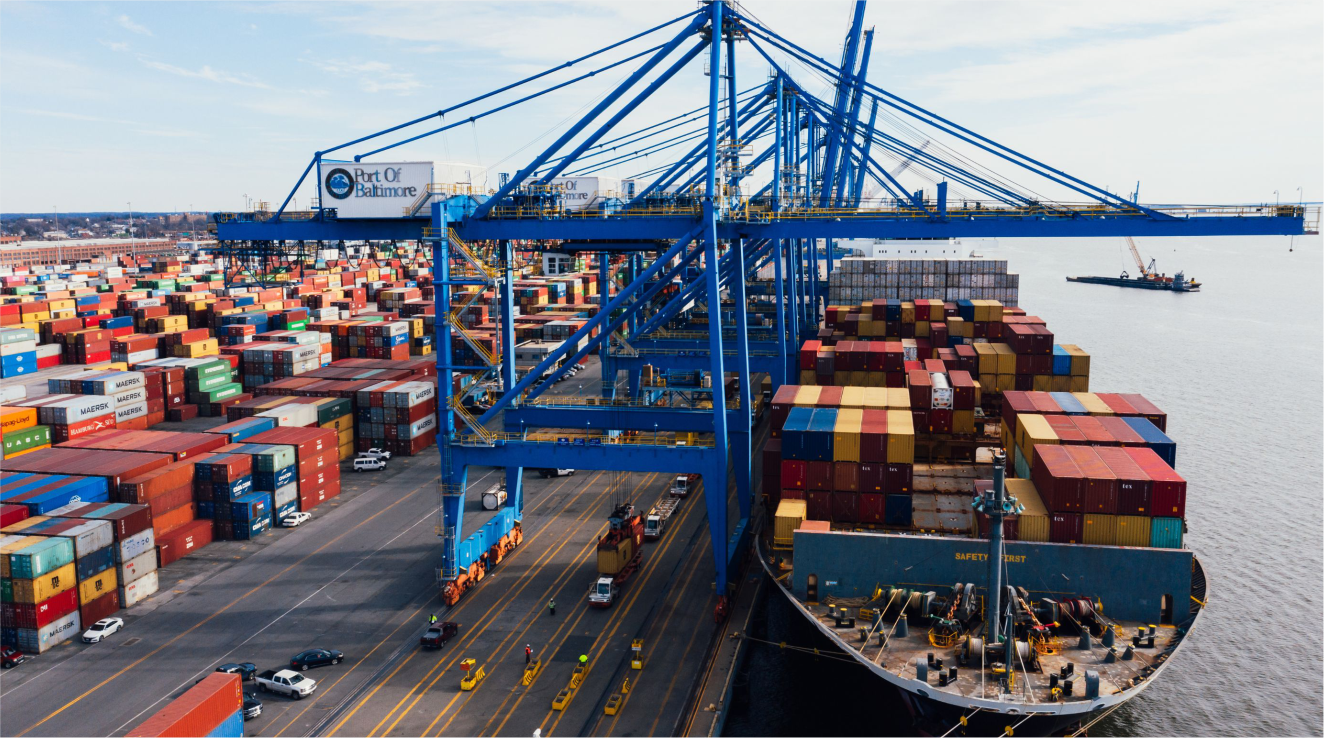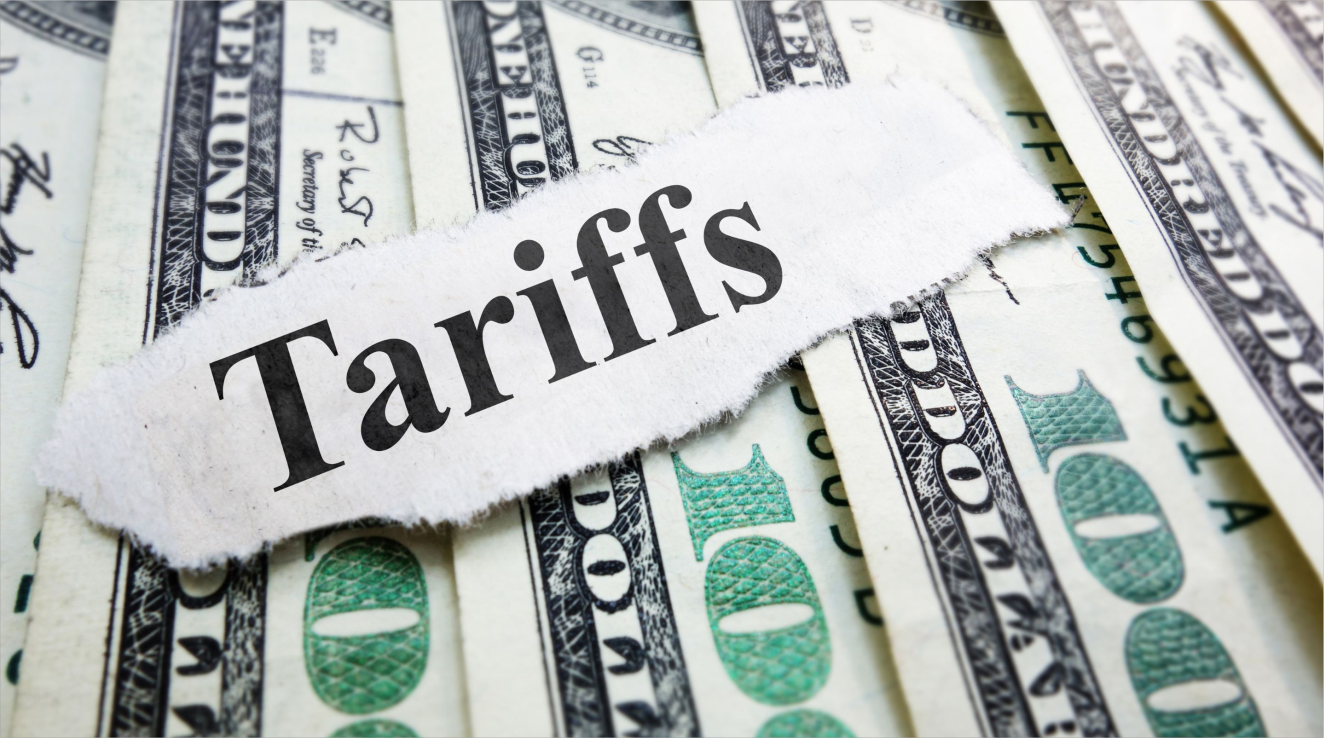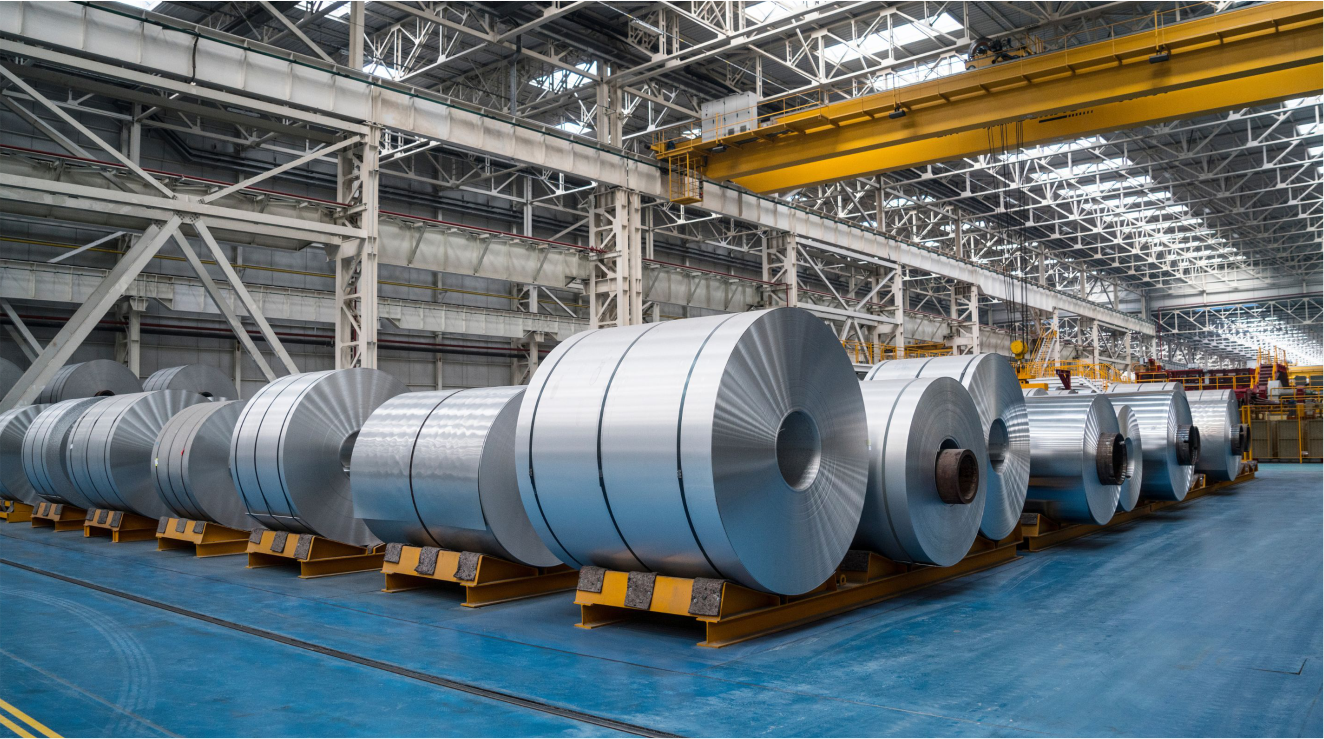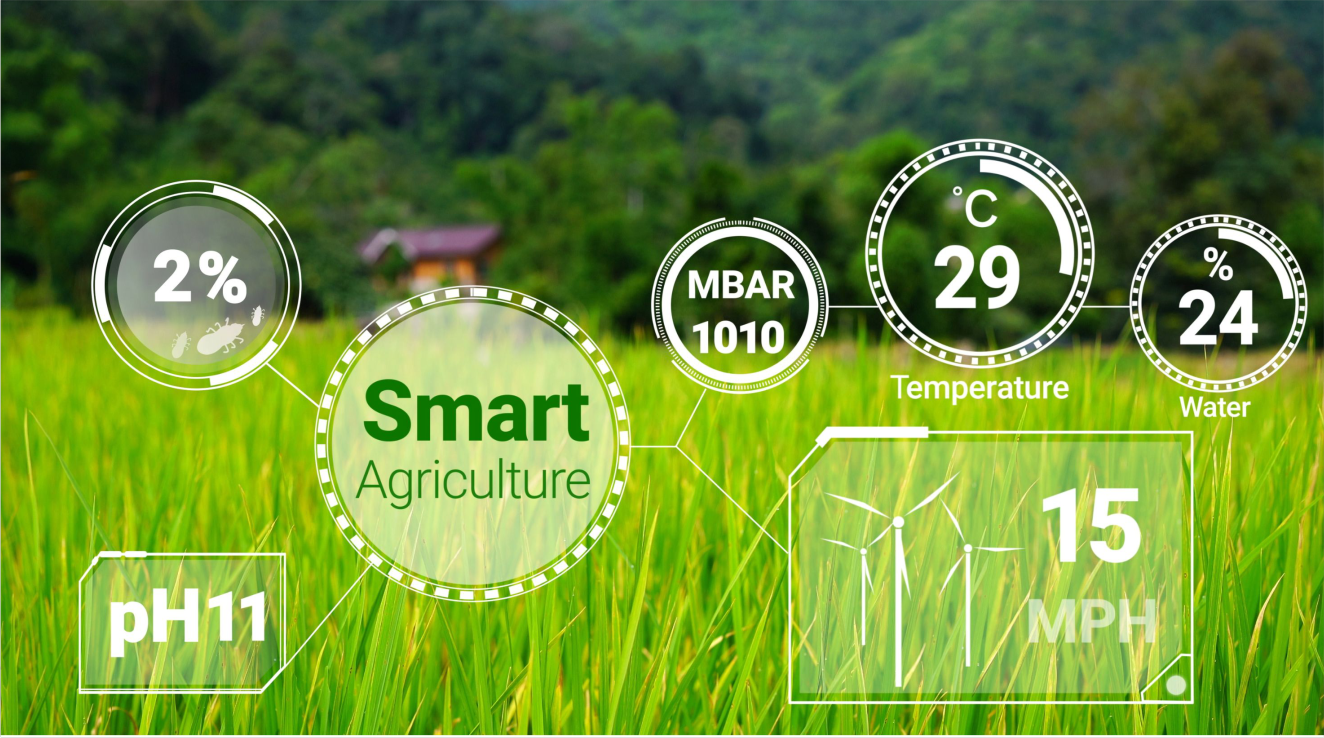The Government of Maharashtra has announced its Electric Vehicle (EV) Policy 2025, marking a significant advancement in the state’s commitment to sustainable transportation and green industrial development. With a substantial financial outlay of INR 11,373 crore over five years, the policy aims to stimulate large scale EV adoption, promote local manufacturing, and build a robust charging infrastructure across urban centers, rural areas, and key transport corridors.
This policy represents a comprehensive strategy that addresses both the supply and demand sides of the electric mobility ecosystem. It targets adoption across all vehicle segments, including two wheelers, three wheelers, four wheelers (private and commercial), public buses, and electric tractors for agricultural use. The incentives are carefully structured to reduce the upfront cost barrier that has historically hindered EV penetration in India.
Under the 2025 policy, the state government will offer direct purchase subsidies of:
· A maximum of 10% of the base price for electric two wheelers, three wheelers, non-transport four wheelers, and buses operated by State Transport Undertakings (STUs).
· Up to 15% for commercial goods carriers, electric agricultural tractors, and large passenger vehicles.
The policy also provides exemptions from motor vehicle tax and registration or renewal charges for EVs registered during the policy period, significantly reducing the cost of ownership for EVs in the state.
A key highlight of the policy is its strong focus on charging infrastructure development. Maharashtra plans to install EV charging stations at 25km intervals along both state and national highways. This initiative aims to eliminate range anxiety, which is a major barrier to EV adoption, and to ensure smooth intercity and interstate EV travel. The policy also supports the development of charging facilities at fuel stations in partnership with oil marketing companies and mandates fast charging infrastructure at State Transport Undertaking depots and terminals to support electric public transport.
Currently, Maharashtra ranks second nationally in terms of EV charging infrastructure, accounting for 15% of India’s total public charging stations, with Karnataka holding the top position. The 2025 policy is designed to elevate Maharashtra to the leading position by accelerating infrastructure deployment in both urban and rural regions.
The government also plans to establish a Clean Mobility Transition Model with the objective of reducing 32 tonnes of particulate matter 2.5 and 1 million tonnes of greenhouse gas emissions by the year 2030. To achieve this, all four wheeled EVs and electric buses will be exempt from toll charges on key routes, including the Mumbai to Pune Expressway, the Mumbai to Nagpur Samruddhi Mahamarg, and the Shivdi to Nhava Sheva Atal Setu. A 50% toll concession will also apply on other state and national highways maintained by the Public Works Department.
Moreover, the policy integrates industrial, research, and workforce development goals. It supports local EV production, battery recycling, and skills training, thereby creating an enabling environment for sustainable manufacturing and long-term employment generation in the clean mobility sector.
Comparative Analysis: 2025 versus 2021 EV Policies
With the Maharashtra EV Policy 2021, the state laid the foundation for the development of a robust EV infrastructure by incentivizing electric two wheelers and retrofitting public transport fleets. However, the scope of the 2021 policy was limited to major urban centers, with a relatively modest financial commitment of INR 930 crore rupees.
In comparison, the 2025 policy is broader, more ambitious, and more future oriented. It not only increases financial incentives by more than ten times, but also targets underrepresented segments such as agricultural EVs and highway infrastructure. It introduces rural inclusion, public and private partnerships, and comprehensive environmental and industrial goals that were mostly absent from the 2021 framework.
Conclusion
Maharashtra’s EV Policy 2025 represents a significant evolution in public policy, aligning environmental sustainability with economic growth and industrial advancement. By building a full spectrum EV ecosystem covering manufacturing, mobility, and geographic inclusivity from cities to villages, the policy positions Maharashtra as a leader in India’s clean energy transition. If successfully implemented, it could serve as a model for other states striving to achieve climate friendly transportation objectives.

